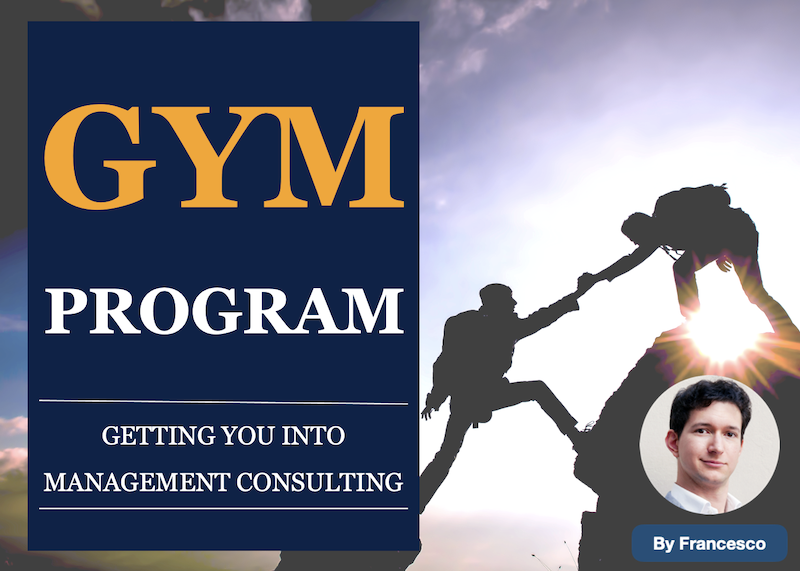Hello,
I am a CS major, and i suddenly realized how much i would love my career to be in consulting.
I saw some case interviews, and i have 0% clue what they are talking about when it comes to business concepts and language they use.
I just need someone to point me on what should i start studying first before preparing with mock interviews?
EG: business related concepts i need to succeed in the interview, since my background gives me 0% knowledge when it comes to it.







